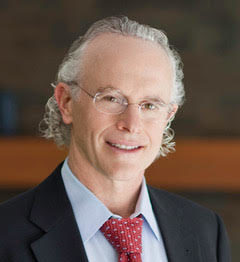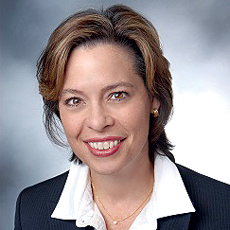

The much-anticipated report outlining COVID-19 problems in nursing homes and offering corresponding recommendations elicited a range of opinions from stakeholders Thursday.
Among those heaping generous amounts of praise was Michael Wasserman, M.D., CMD, geriatrician and president of the California Association of Long-Term Care Medicine.
“I think the recommendations put forth lay the groundwork for the type of effective, implementable and sustainable change that the nursing home industry has needed for years, so I am very pleased with the commission’s recommendations,” he told McKnight’s.
A 25-member commission called the Coronavirus Commission for Safety and quality in Nursing Homes created the report, which the Centers for Medicare & Medicaid Services released Wednesday. The committee was announced in April. Its intent was to solicit lessons learned from the early days of the pandemic and recommendations for future actions concerning infection control, quality and safety in nursing homes.
Wasserman, who is medical director of the Eisenberg Village, Los Angeles Jewish Home, said he was pleased with the recommendation that the Centers for Medicare & Medicaid Services support 24/7 registered nurse coverage in the event of a positive COVID-19 test at a facility.
“During a pandemic, you desperately need clinical expertise 24/7 in your nursing homes,” Wasserman said. “You know what? That’s an RN. This commission got it right by calling for the 24/7 RN.”
He also liked the report’s emphasis on the importance of infection preventionists (IPs), though he would have liked to see a recommendation for full-time IPs. And, while he also would have preferred more emphasis on medical directors, he appreciated the mention of the need for them in emergency preparedness.
While Wasserman, who is vocal in his criticism of the Trump administration’s handling of the pandemic, does not think the current administration will act effectively on the report, he holds out hope that it will provide a roadmap for a future administration.
“I think this is a significant step forward,” he said. “The folks who care about nursing home residents have put their marker down, and now it’s up to who’s going to pick up that mark and make it happen.”
Hardly historic
Others were not so complimentary.
Charlene Harrington, Ph.D., RN, a professor emerita in the Department of Social & Behavioral Sciences at the University of California, San Francisco, called the recommendations “pretty feeble.”
“Of course we need 24-hour RN care requirements for all [nursing homes], not just when there is an outbreak,” said Harrington, a frequent critic of the nursing home staffing situation. “Our research shows that having more RNs reduces COVID resident infection rates and deaths so CMS should adopt minimum staffing standards and minimum RN standards that we have been recommending for years.”
She said she was dismayed that the report did not emphasize regulatory compliance and oversight.
“It seems like it is mostly going to be used by CMS as a PR tool to cover up the many policy mistakes that it made before and after the COVID-19 outbreak,” she noted.
Notable omission

Still others were somewhere in-between regarding the report. Cynthia Morton, executive vice president of the National Association of Support of Long Term Care, called the report “fairly comprehensive” but questioned how actionable it is.
Given that her organization represents therapy providers, she said she was disappointed that the report failed to mention therapists as an integral part of the long-term care workforce.
“I think it’s lacking in some recognition of ancillary service providers who are part of the frontline equation,” she said. “I didn’t see mention of therapists. It’s not just nursing that goes on in the building; there’s a lot of therapy that’s provided. I didn’t see mention of that.”
Among the aspects of the report she liked was the extensive discussion about certified nursing assistants and the focus on the need for higher pay and training.
“I feel like there is never enough discussion about the major labor force in our nursing facilities and what they need, what they lack, their importance,” she said. “So I was pleased to see quite a bit of discussion and recommendations about CNAs.
She also appreciated that the report included recommendations on information technology. A recommendation to incentivize nursing homes to adopt healthcare IT is “outstanding,” she said.
While the report was lacking in some aspects, she said it provided a step in the right direction.
”It’s a good definition of where to start,” she said.





